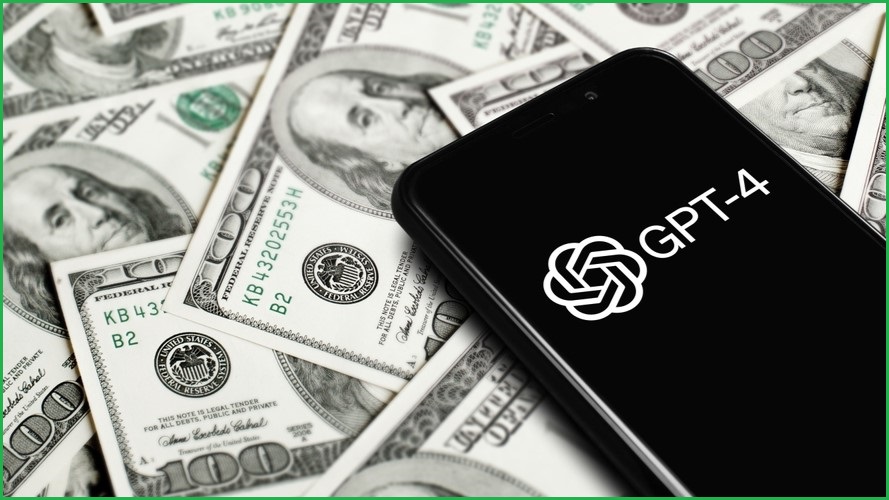Elon Musk is suing ChatGPT-maker OpenAI for allegedly giving up its not-for-profit mission of building artificial intelligence “for the benefit of humanity broadly” to chase profits instead.
Musk, who was an early investor and co-chair during the company’s foundation in 2015, said he provided “tens of millions” of dollars in funding to OpenAI on the condition it would remain a not-for-profit, “irrevocably dedicated to creating safe, open-source” artificial general intelligence (AGI) for public benefit.
In a lawsuit filed Thursday in the San Francisco Superior Court, tech billionaire Musk sued OpenAI and its co-founders, chief executive Sam Altman and president Greg Brockman, alleging they breached the AI company’s founding agreement and abandoned its not-for-profit mission in “pursuit of profit”.
The lawsuit filing claims OpenAI abandoned its “irrevocable” not-for-profit mission to instead dedicate and licence its AGI algorithms to tech giant Microsoft – which signed an agreement for exclusive rights to OpenAI’s AI models in 2020.
The lawsuit notes that under its founding agreement, OpenAI would make its technology open to the public, and would not be organised “for the private gain” of any person.
It goes on to argue that through its dealings with Microsoft – which has gradually invested billions in OpenAI since 2019 – Musk’s contributions to OpenAI have been “twisted” to benefit the “biggest company in the world”.
“Microsoft stands to make a fortune selling GPT-4 to the public, which would not be possible if OpenAI – as it is required to do – makes the technology freely available to the public,” reads the filing.
“Defendants have chosen to use GPT-4 not for the benefit of humanity, but as proprietary technology to maximise profits for literally the largest company in the world.”
Musk is suing over breach of contract, breach of fiduciary duty and unfair business practices, and is further asking the court to require the company make its research public.
He argues OpenAI is developing human-level AGI technology to specifically maximise yield for Microsoft, and further claims GPT-4, which is the latest in OpenAI’s GPT family of language models, along with an in-development model known as Q both qualify as AGI technology, putting them outside of the scope of Microsoft’s exclusive licence with the company.
Musk has further sought a court ruling to prevent the company from using its assets for financial gains of Microsoft or any individual.
Lawsuit years in the making
The lawsuit filing notes Musk initially connected with Altman in early 2015 after it appeared Altman shared a desire to “keep the first AGI out of the hands of a private company like Google”.
By 24 June 2015, Musk and Altman had agreed to create a new “AI lab” focused on creating general AI to be used for individual empowerment and “the good of the world”.
The filing notes Musk came up with the name “OpenAI” and played a “crucial role” in getting the company off the ground by providing his connections, stature, and “clout”.
Musk claims to have recruited for OpenAI over the next several months, contributing more than $67.3 million ($US44 million) to the organisation between 2016 and 2020, and resigning from the board in early 2018.
Late last year, however, internal conflicts saw Altman abruptly ousted as CEO but promptly returned with the support of Microsoft and a new board.
In his lawsuit, Musk alleged these sudden changes caused the “checks and balances” between the company’s for-profit and non-profit arms to collapse overnight.
“OpenAI, Inc.’s once carefully crafted non-profit structure was replaced by a purely profit-driven CEO and a board with inferior technical expertise in AGI and AI public policy,” reads the filing.
“Imagine donating to a non-profit whose asserted mission is to protect the Amazon rainforest, but then the non-profit creates a for-profit Amazonian logging company that uses the fruits of the donations to clear the rainforest.
“That is the story of OpenAI, Inc.”
As reported by Axios, OpenAI’s top executives rejected many of Musk’s claims, with Altman effectively writing off the lawsuit as a commonplace attack against the company.
“It was never going to be a cakewalk," Altman reportedly said in a memo.
"The attacks will keep coming."
The lawsuit arrives one week after Musk openly lambasted Google over a widespread image-generation error which surfaced in its own AI chat tool, Gemini, all-the-while promoting his own AI chatbot Grok on social media platform X.
Meanwhile, tech giant Meta’s chief executive Mark Zuckerberg has announced long-term plans to build and open source AGI technology of its own.










